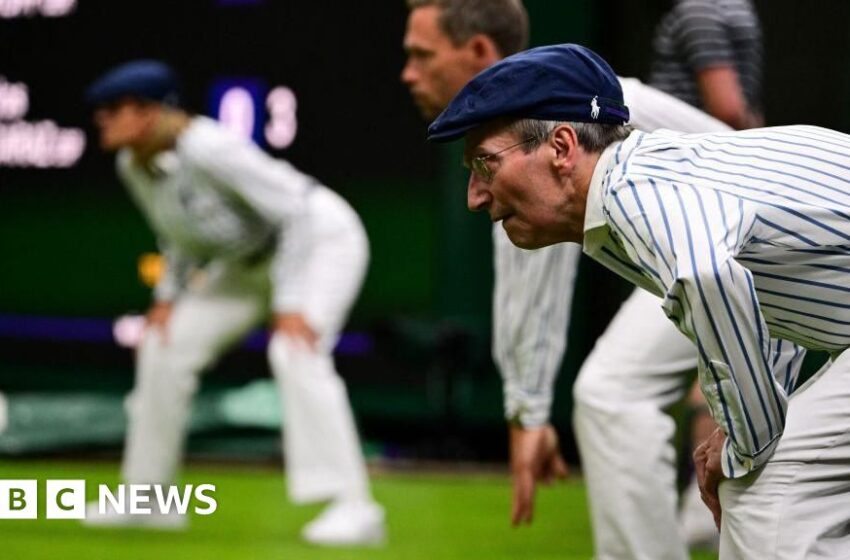No products in the cart.

[ad_1]
Of course, there is a temptation to think of technology as something new in sport.
Anything but, according to Prof Steve Haake of Sheffield Hallam University, who says sport has always evolved with the innovations of the day, with even the Greeks adapting the sprint race in the ancient Olympics.
“Right back from the very start of sports, it was a spectacle, but we also wanted it to be fair.
“That’s what these technologies are about. That’s the trick that we’ve got to get right.”
Technology is still adding to the spectacle of sport – think of the 360-degree swirling photography used to illustrate the dramatic conclusion to the men’s 100m final at this summer’s Olympics.
And while it is true that some traditional jobs, like line judges, may be disappearing, tech is also fuelling the creation of other jobs – particularly when it comes to data.
Take the example of sports analysis system Opta, which allows both athletes and fans to have streams of data to measure performance, a process which artificial intelligence (AI) is accelerating.
While it might not be the same as a tennis player’s emotional outburst at a line judge, its advocates argue it allows a more intense connection of its own kind, as people are able to learn ever more about the sports and players they love.
And, of course, the frequent controversies over systems like VAR bring plenty of scope for tech to get the heart pumping.
“People love sport because of the drama,” says Patrick Lucey, chief scientist of Stats Perform, the company behind Opta.
“Technology is kind of making it stronger.”
[ad_2]
Source link















